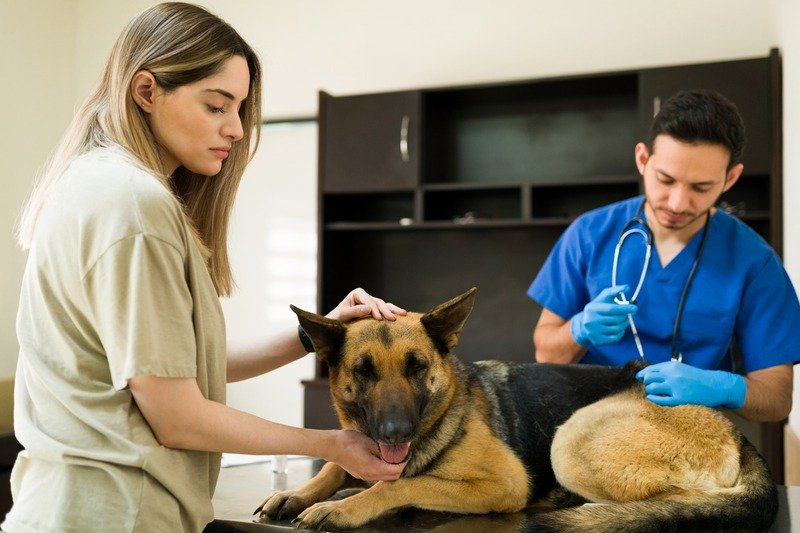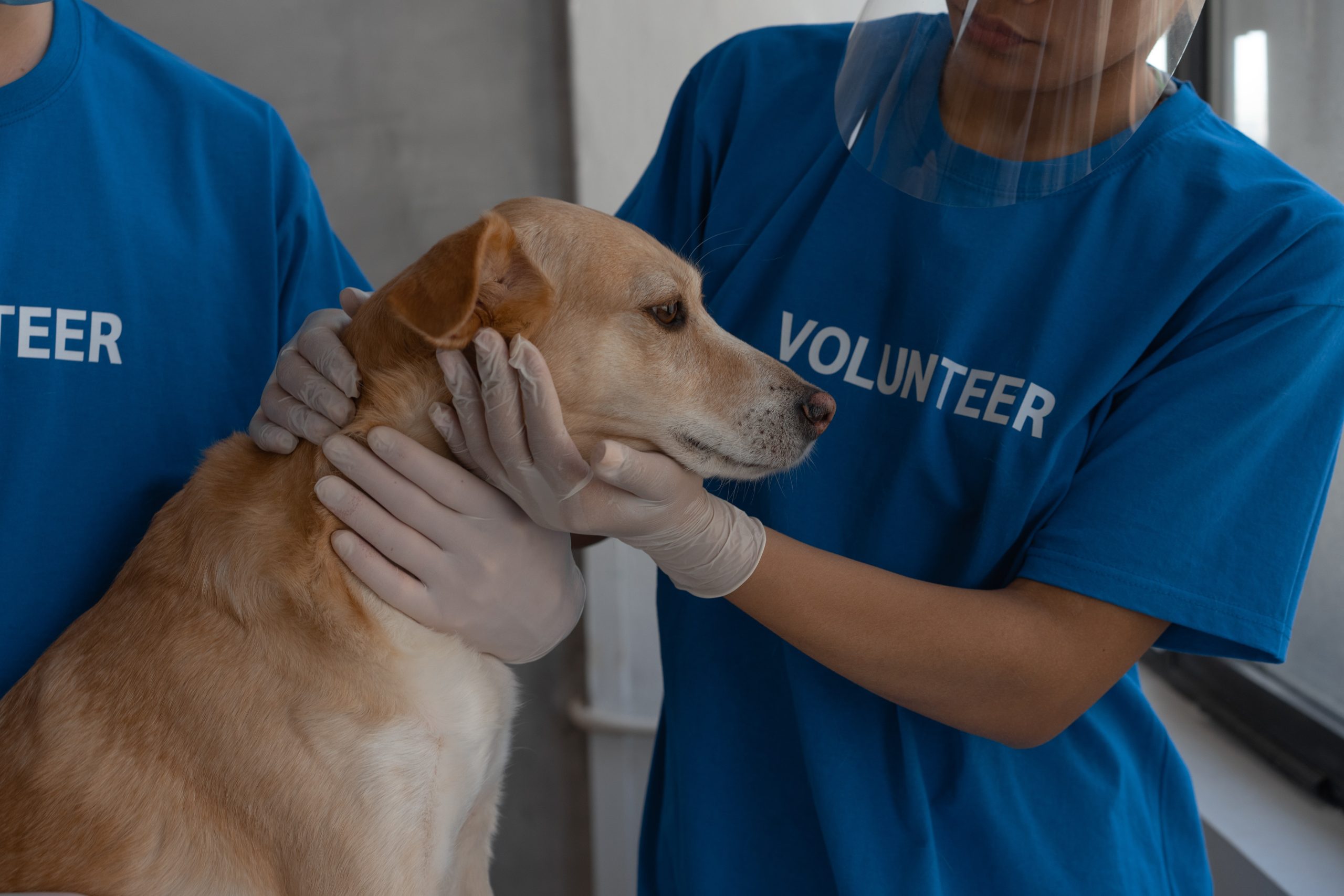
Why Do Puppies and Kittens Need Special Vet Care?Why Do Puppies and Kittens Need Special Vet Care?
July 25, 2024 0 Comments 12:00 amIf you’ve recently welcomed a fluffy bundle of joy into your home, you might be caught up in the whirlwind of playtime, cuddles, and the occasional mischief. But have you considered the unique veterinary needs of your new puppy or kitten? It’s not just about shots and spaying—these youngsters









